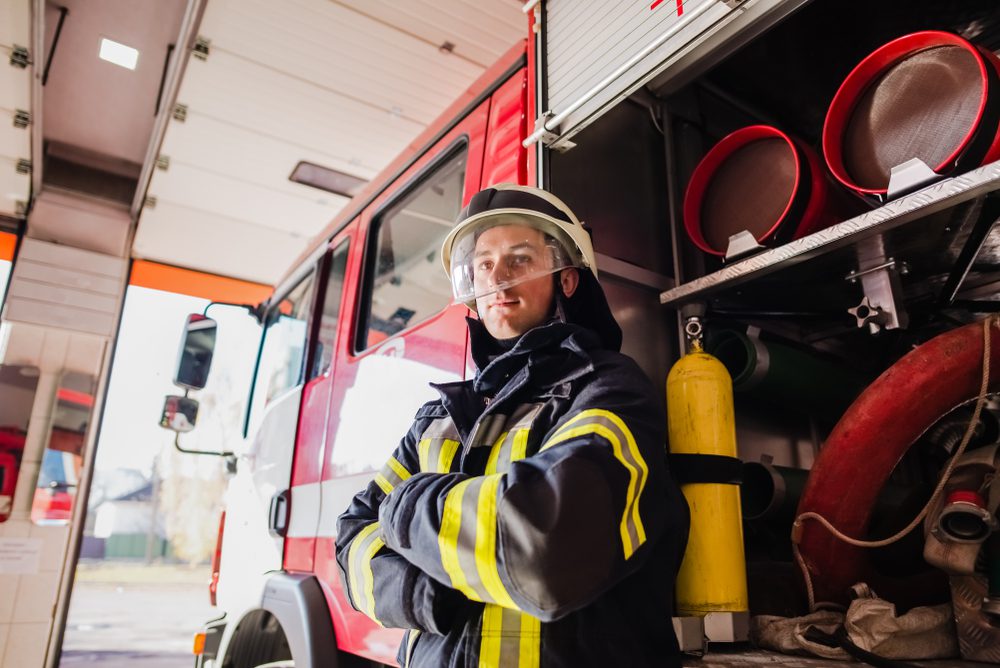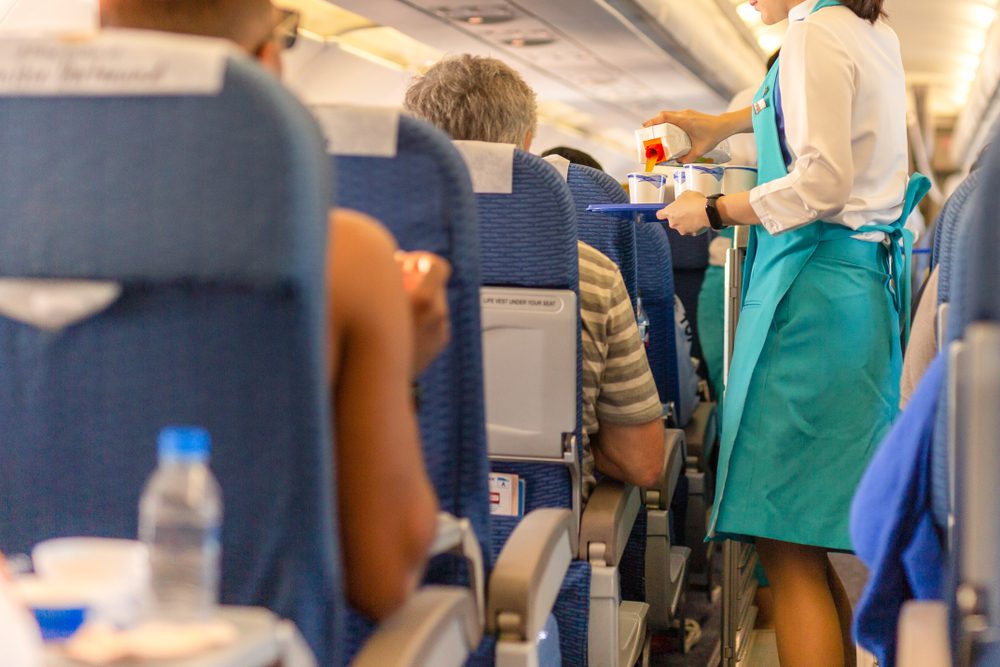
As the novel coronavirus continues its aggressive spread all over the world, we took a look at what jobs in the United States could be most at risk of a coronavirus exposure, based on data provided by the Labor Department. The ranking has taken into consideration various factors such as work characteristics, exposure to diseases and infections, physical proximity to other people or direct contact with the public.
Despite public health experts recommending companies to allow their employees to work from home to avoid the contracting or spreading of the epidemic virus, remote work is not an option for millions of Americans in fields like healthcare, retail, and other industries.
Medical professionals
Medical professionals such as care nurses, family and general practitioners, respiratory therapists, and several other specializations are the top-ranked job at risk of exposure to disease and infections. The main reason is that they are in the first line of defense against viruses and diseases and all work in very close proximity to other people who might be carrying them.
Therefore, most people working in hospitals or other medical settings are most likely at a higher risk of exposure to the coronavirus. According to The Los Angeles Times, over 3,000 healthcare workers in China have been infected with the novel virus, more than 4000 in Italy and a similar unfortunate situation could also happen in the US.
Personal care aides and home health aides who take care of the elderly, the population most vulnerable to COVID-19, are also exposed. At a nursing home in Washington State linked to 25 coronavirus deaths, more than 70 employees have become infected with the novel coronavirus.

First responders
Firefighters, ambulance drivers and police officers are also among the ones in the front lines of the COVID-19 pandemic.
Like medical professionals, first responders are frequently exposed to disease or infections while doing their jobs. The roles of police officers, firefighters, and emergency medical technicians also involve high levels of physical proximity and contact with others, again reinforcing the high risks of catching the new virus.
For instance, firefighters at the Washington nursing home are now under a 14-day quarantine to make sure they don’t spread the virus, in case some of them became sick. More than that, paramedics across the country are trying to take every extra precaution they can when responding to a potential coronavirus case.

Service workers
Must-show workers like the people who make and serve food, deliver goods, and keep retail stores open could be seriously affected by the coronavirus outbreak. The same goes for couriers and messengers.
Not to mention that retail salespersons, concierges, restaurant servers, and cashiers all work directly with the public, making them highly exposed to those infected with the coronavirus. Walmart, Starbucks and Uber are among the many companies that have had workers fall sick.
Unfortunately, workers in fields like restaurants and retail, whose schedules are decided by their managers, often face pressure to keep working despite health concerns, says Ellen Kossek, a professor at Purdue University’s Krannert School of Management. “Part of the problem for people with unpredictable schedules is they’re forced to also take whatever hours the employer gives them,” she says. “If you’re viewed as someone that’s unreliable, needs to take off for a chronic health condition, a kid with asthma, or a kid that gets sick, you’re then less likely to get more hours in the future.”
More than that, such workers do not have access to benefits like paid sick leave that could keep them from coming to work and potentially spreading an illness to customers and colleagues, says Eileen Appelbaum, co-director of the Center for Economic and Policy Research. “If you get the coronavirus and are quarantined, we’re talking about two weeks, we’re not talking about five days,” Appelbaum adds. “And for that, we would have to have paid family and medical leave. And we know how rare that is — only about 20% of all workers have it.”

Jobs that lack flexibility
Companies across the country are encouraging their employees to work from home to mitigate the potentially deadly coronavirus from spreading around offices, public transit and elsewhere. Unfortunately, not all jobs are flexible enough to be performed from home.
Many workers such as the ones mentioned above as well as cleaners, technical support personnel, textile workers and the like, also said they were exposed to infections every day. “Do I stay home if I feel ill, or go into work so I can have a paycheck? What do I do if my child’s school is closed, and I can’t afford to stay off work?” said Marissa Baker, an assistant professor at the University of Washington Environmental & Occupational Health Sciences department.
According to Baker, many of these jobs lack the freedom to make decisions and workers in these types of occupations may be facing serious risks and might not have the resources or support from their employers to face the pandemic.

Airline personnel
The risk isn’t limited to those on the front lines. Airline personnel is also at risk of coronavirus exposure given that airplanes are enclosed spaces with tightly packed people and could contribute to the virus’s spreading.
Flight attendants and airline pilots work rank pretty high up on the list of jobs with a risk of exposure to diseases and infections. Most of them are growing anxious as more and more people become infected with the novel virus and flight cancellations mount.
“As a flight attendant I’m exposed daily to so many germs,” said a United Airlines flight attendant. “I feel like we realize that we could potentially be exposed to anything and just take general universal precautions (which is something I always do regardless).”
A flight attendant for Spirit Airline expressed different concerns: “I’m worried though as the virus spreads that hours and flights will be cut,” the Spirit employee said. “Especially to international destinations that we serve. It’s scary that we may lose a lot of flying.” This means many flight attendants might not be able to make ends meet if the travel demand continues to plummet.
























